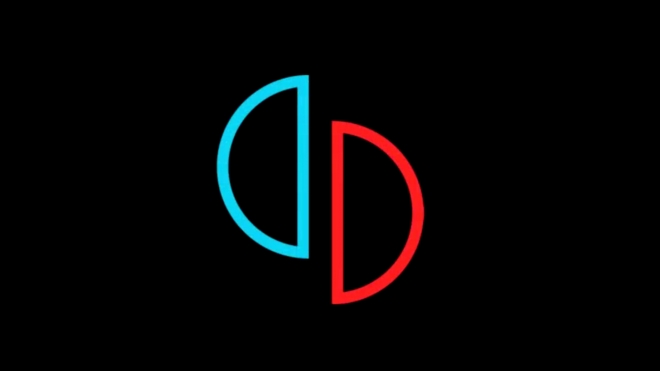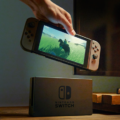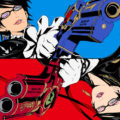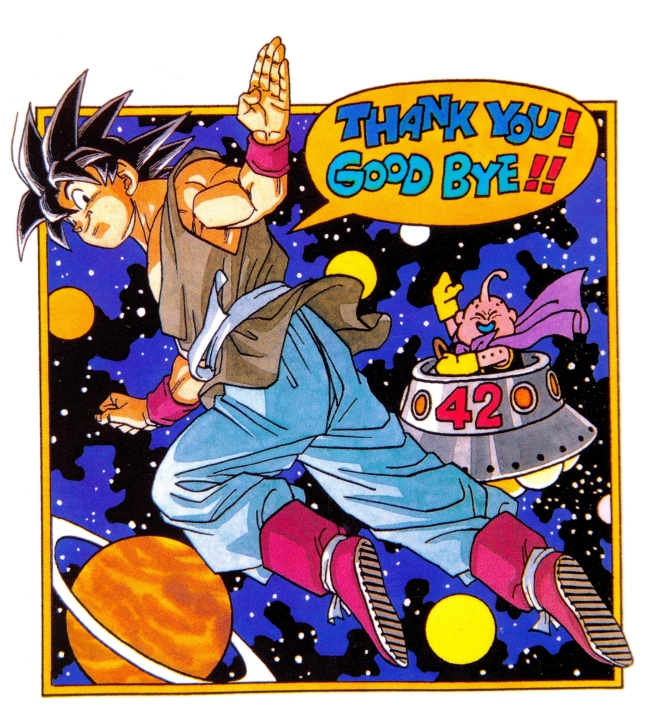Cognition Dissemination: Nintendo Creates Another Preservation Mess

Nintendo was bound to come after the yuzu emulator, and those who had a hand in creating it at Tropic Haze. This open-source emulator that played Nintendo Switch games would only be tolerated for so long, thanks to how some people were using it. The emulator had the great purpose of creating an archive of Switch games and making the titles playable in higher resolutions and incredible framerates on powerful PCs and even some phones and tablets. If anyone wanted to play the likes of The Legend of Zelda: Breath of the Wild at 1080p and 60fps or a game with problematic (putting it lightly) performance like Shin Megami Tensei V in great resolutions, they could. And they could do it legally, so long as they owned the game itself.
Yet, you can bet your ass there were people using it to pirate software. Despite its benefits, this was enough for Nintendo. The company announced they were suing the emulation provider a little over a week ago, with their intention of taking the case through the United States’ federal court system. Nintendo alleged that yuzu was violating the always-popular Digital Millennium Copyright Act and infringed on their copyrights for Switch hardware and software, that they were “facilitating piracy at a colossal scale.”
Nintendo clearly wanted to hit hard, too. They not only wanted yuzu to cease operations when it came to leaving the emulator available and updating it, but wanted to take away their domain names, chatrooms, URLs, and social media presence.

Tropic Haze knew to take this threat seriously, and seemed determined to fight it through the courts by lawyering up. But they also realized that the history of court cases involving emulators wasn’t on their side, and ended this saga quickly by settling for $2.4 million. As part of the settlement, Tropic Haze had to shut down all yuzu operations, officially making the emulator defunct. The settlement remains pending a judge’s approval, but history suggests that they will indeed rubber stamp it.
Nintendo was bound to take this step, as one of the most litigious companies in video gaming. Knowledge of even one person pirating Switch games through it likely caused the executives’ eyes to collectively light up. But make no mistake that this is all very bad for emulation. It’s been proven time and again that video game publishers cannot be trusted to preserve their own software, with too many examples of games being banished into the archives, never to be seen again.
Nintendo is also a big fan of shutting down their online stores. It happened to the DS and Wii, with DSiWare, WiiWare, and one form of the Virtual Console vanishing with it. It happened to the 3DS and Wii U almost exactly, and quite ironically, one year ago, with the eShops on both platforms resultingly vanishing. It’s no longer possible to purchase games on either platform digitally. But users who already purchased games can still redownload them… for now. There’s little chance of this remaining the case in perpetuity. Plenty of games on all four of those platforms mentioned above haven’t been ported to other systems, though they should. The only way to play these titles? You guessed it: Emulation.
It follows that Nintendo putting a stop to this one form of emulation is a bad thing. Once a company takes one o down, others tend to catch eventual strays. This was an easy prediction when news of yuzu and Nintendo’s settlement first began circulating. It was not, however, easy to predict that a stray would hit an unfortunate target almost immediately afterward. Tropic Haze and other contributors to yuzu also ceased support to the Citra emulator that plays 3DS games. Consider what I mentioned above about the number of 3DS games that haven’t been ported to other platforms. Nintendo’s vicious strike on yuzu is having the intended chilling effect. The company, like many others, doesn’t care all that much that several games released on these platforms cannot otherwise be played.
It’s my hope that this won’t be the case with the Nintendo Switch in the future. The platform remains alive after recently celebrating its seventh anniversary, with recent rumors of the successor’s delay suggesting that it might celebrate its eighth before the follow-up hits the market. Preservation isn’t currently a problem for the Switch since most games remain available physically and on the eShop, but the positive aspect of emulators like yuzu involved how they could have future-proofed the console’s software. But it was too good to continue existing.
It’s a big hope of mine that Switch software will be backwards compatible with the upcoming system, very likely to happen if current rumors are entirely believable. This will keep its eShop alive for a longer period. After the Switch shop inevitably sunsets in the future, hopefully an ardent team of hackers will penetrate the Switch to ensure that digital games can still be acquired and played. Nintendo will be the last company to count on there.





